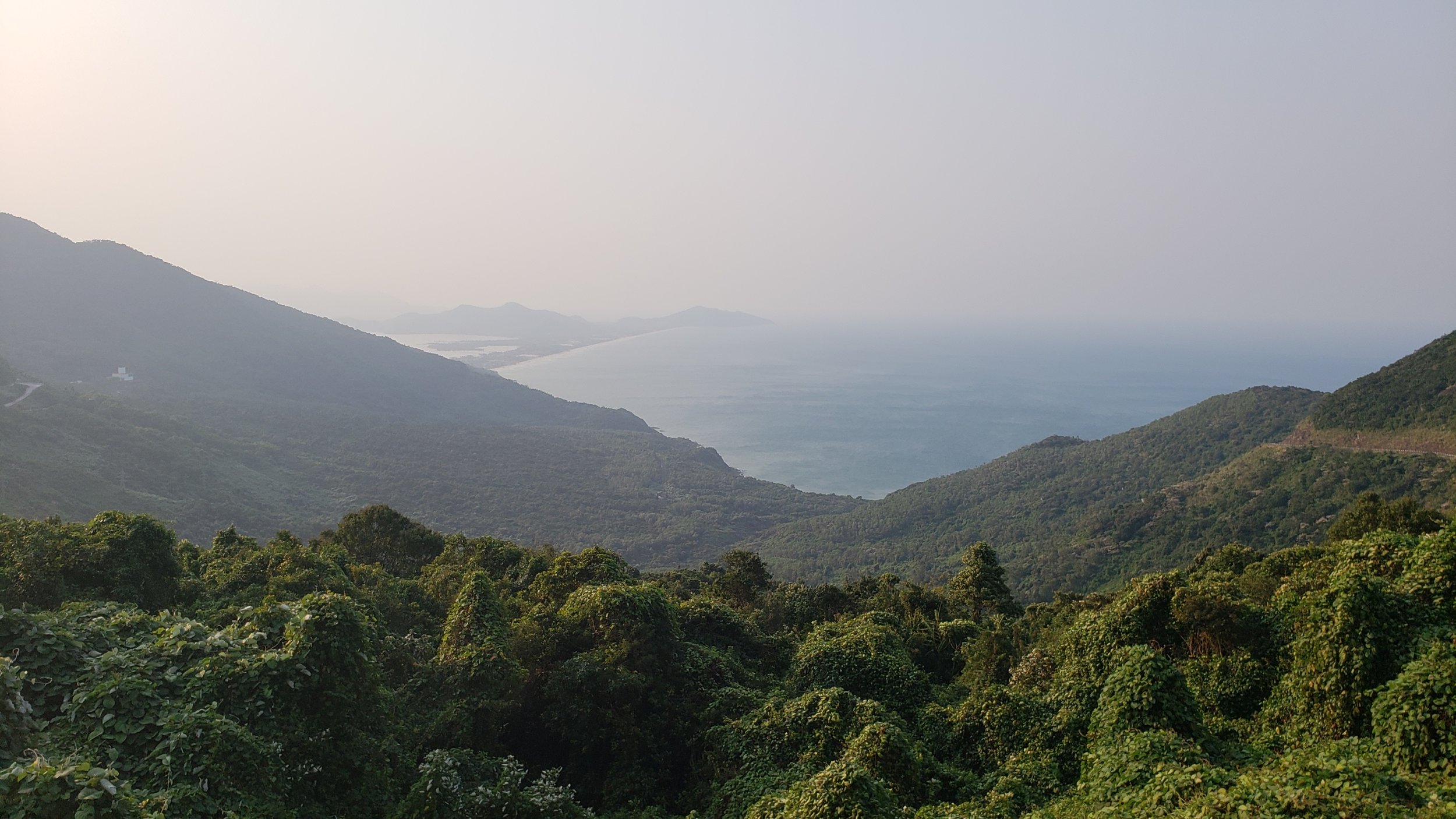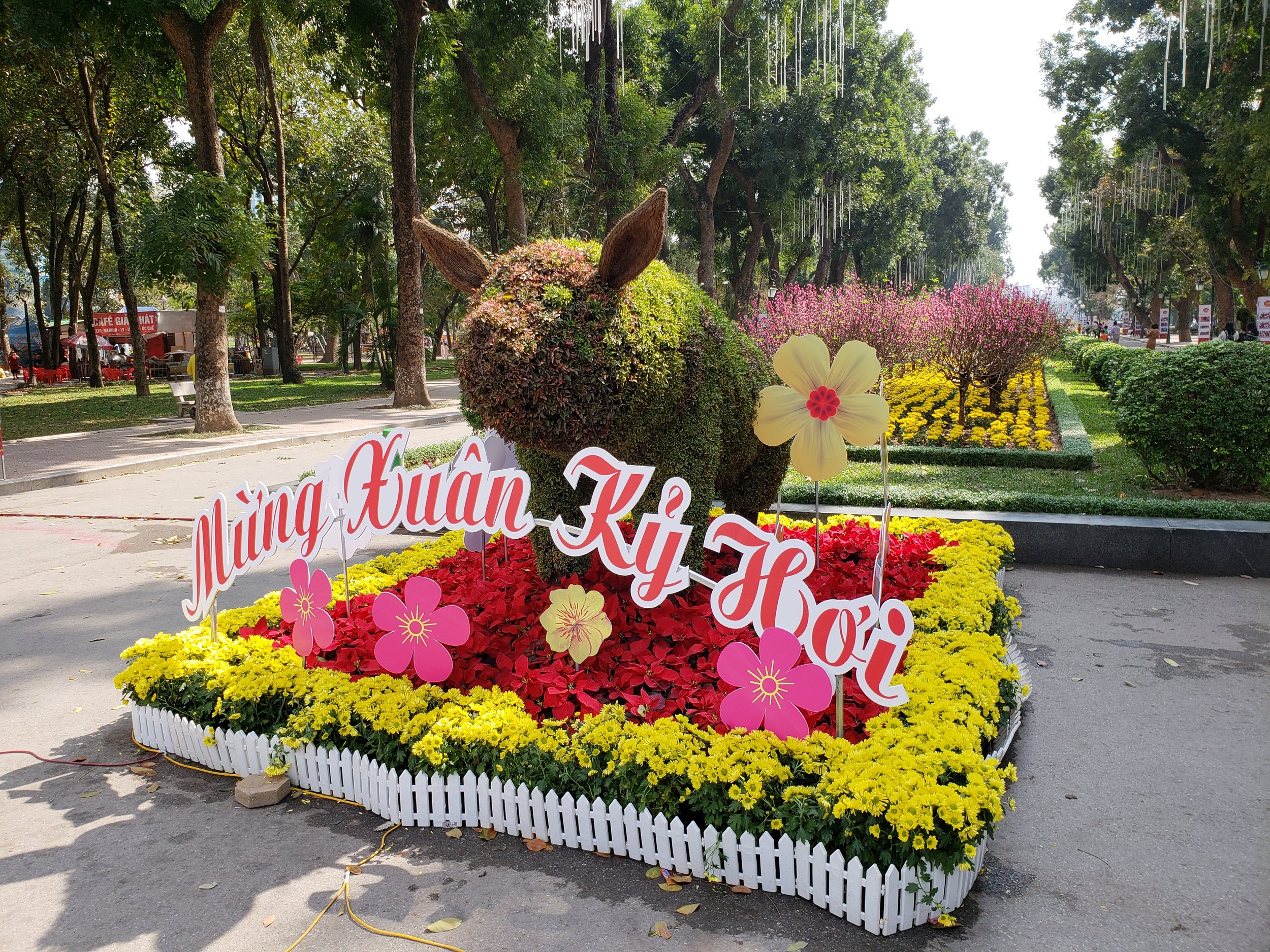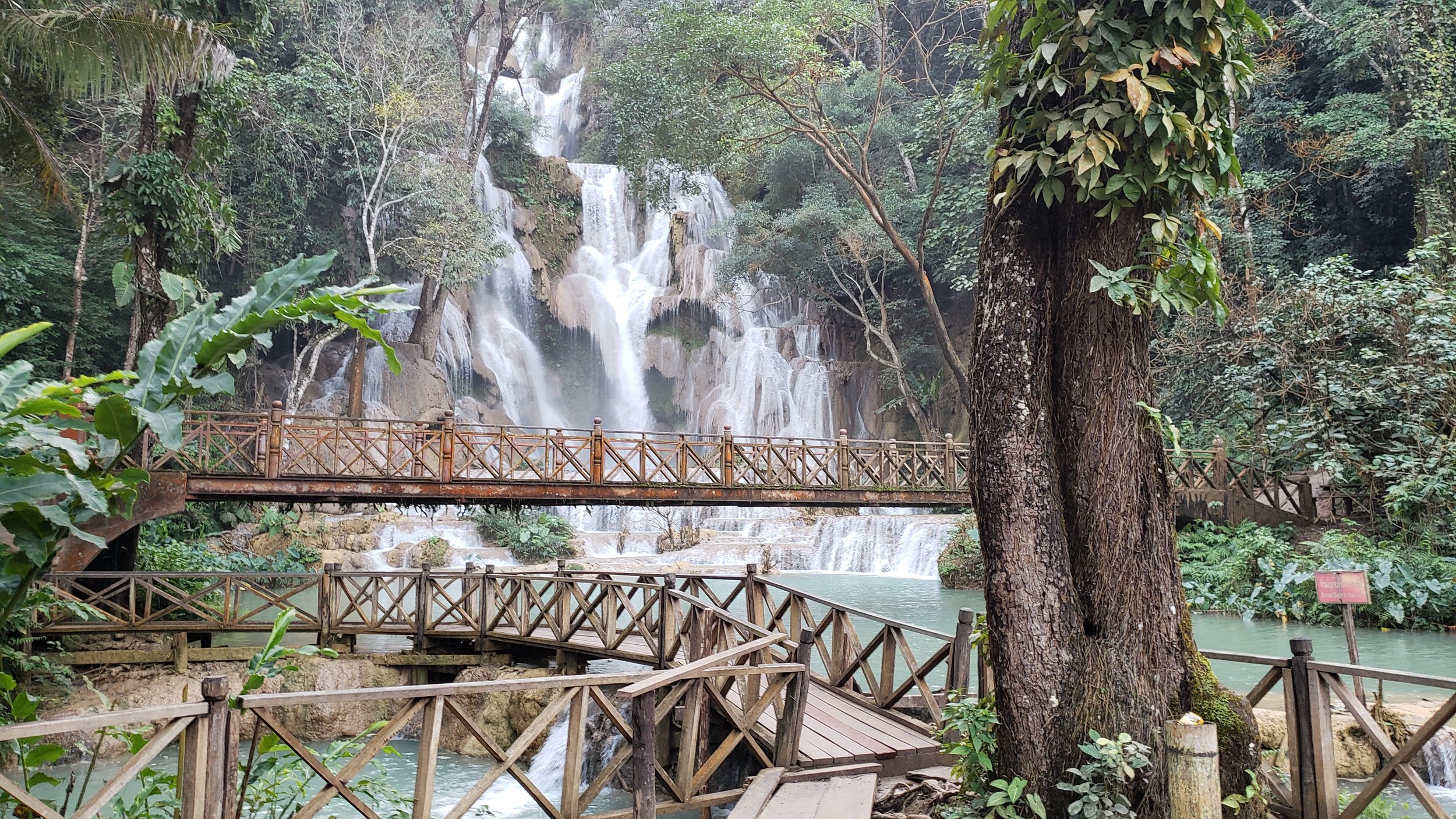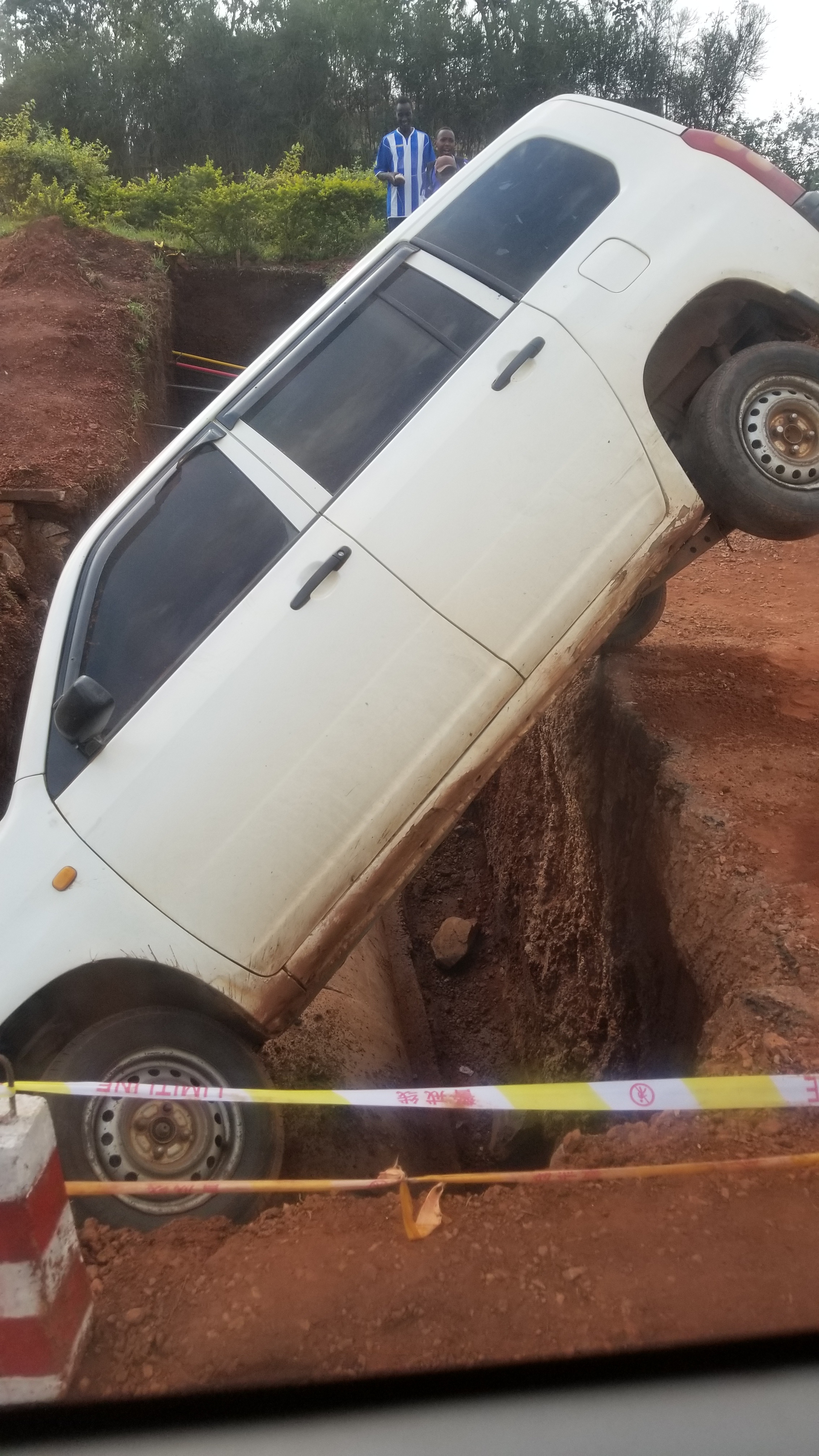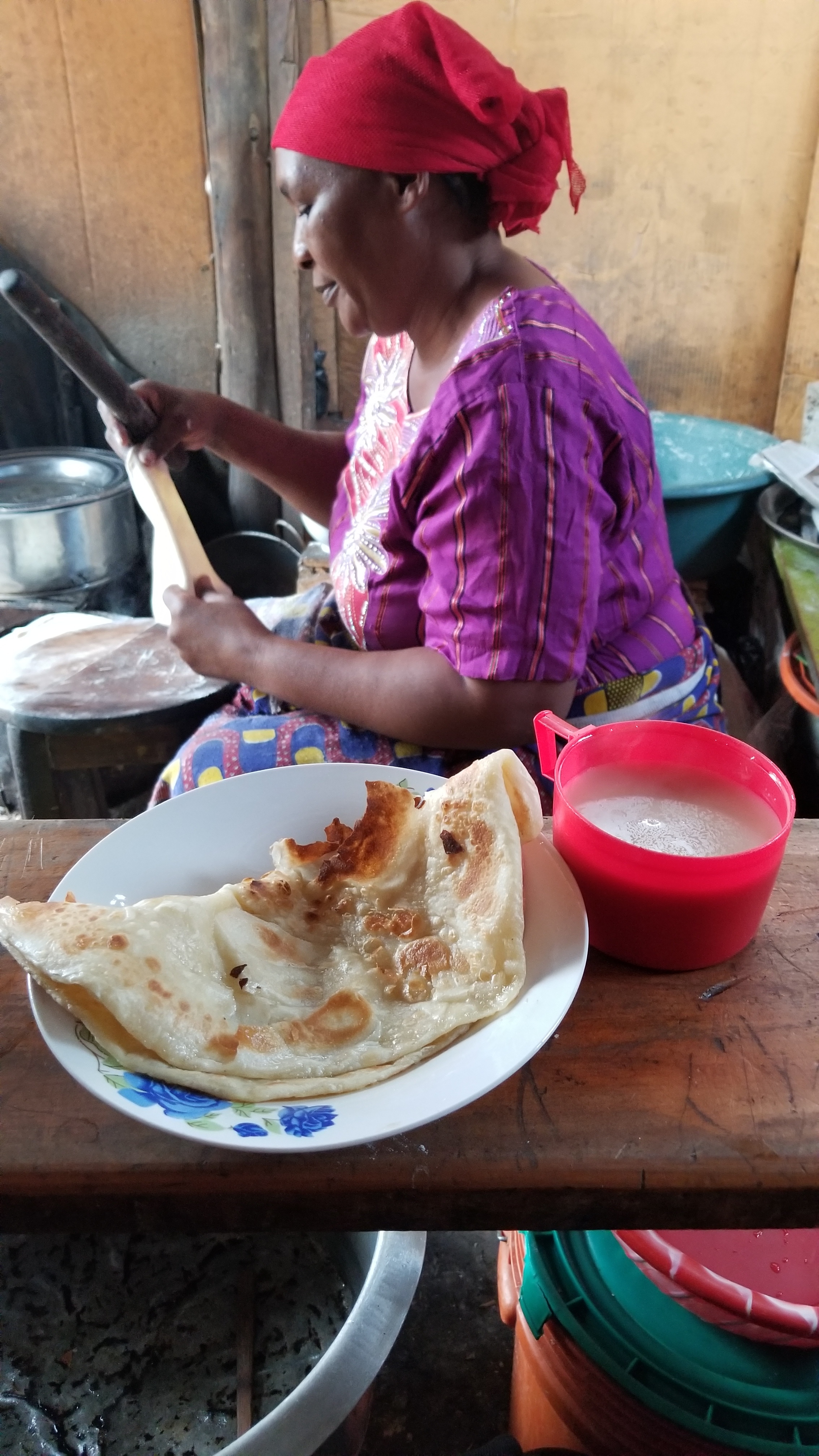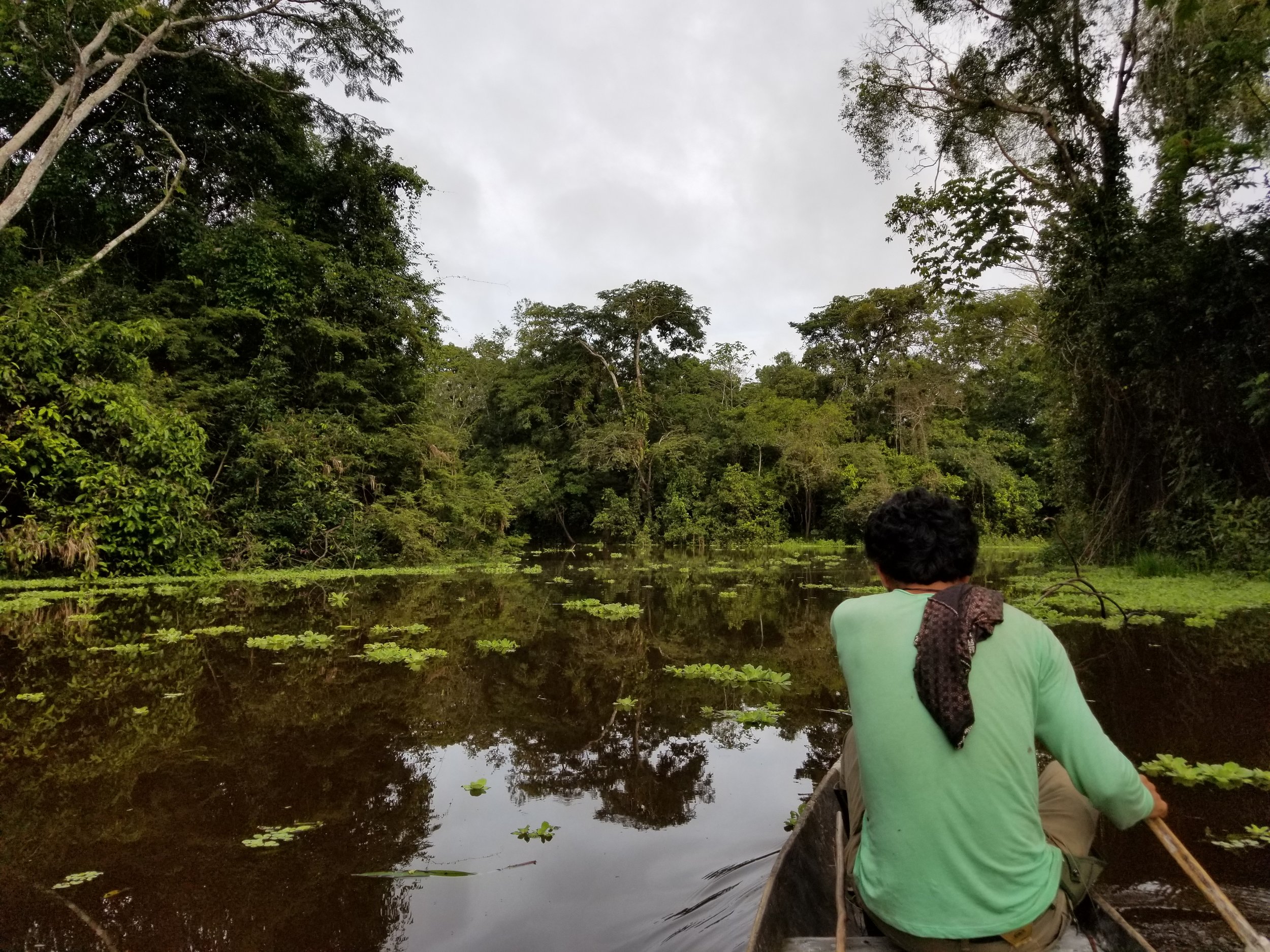My plane descends over Chicago after the second leg of my Fellowship experience.
Dear [Donors],
When I first learned about the University of Michigan Bonderman Fellowship in 2015, I was ecstatic. I was a college sophomore at the time, and my general mood could be described as Carl Sagan once describe the tendencies of man: “Edgy, Unfulfilled.”
I had grown up in Ann Arbor—born, raised, and at the time, was being educated in the midwestern mecca of academia. After twenty years in the same place, I was ready for a change. To be completely honest, Michigan wasn’t even my first choice in schools for exactly that reason. I think since about middle school, I had longed to get away from my hometown. But when the financial aid office offered me a need-based scholarship that I absolutely couldn’t refuse, I did the responsible thing and registered.
I grappled with that decision for the first year and a half of school. It had its advantages: access to my mother’s laundry machine, proximity to my family when I needed to step in and help during emergencies.
On a normal day in February 2015, when I was sitting in a physics lecture with a friend and he casually mentioned the Bonderman Fellowship, something clicked for me. When I learned about this fellowship, I knew that coming to Michigan had been the right choice. I had finally found my path forward. I wrote to a trusted mentor that night: “I have to be honest, nothing has made me this excited in a while. I fully intend to apply for [the Fellowship] in my senior year. Since middle school I have dreamed of embarking on an adventure like this.”
That anxiety that I had been grappling with morphed into a drive. That day in physics class, I promised myself that I would become a Bonderman Fellow. And that promise kept my head up for the rest of undergraduate. I told myself that these four more years at home would be worth it. And that this opportunity would catapult me into a new, global life of varied experience. I would never turn back. After Bonderman, nothing would be the same.
And I was partially right! I did become a Fellow, and I made it through undergrad, mental health as intact as any twenty-two-year-old’s could be. Of course, as I sit here writing this in the Espresso Royale adjoining the old store-front of Ulrich’s Books, still living at home with my parents, I must chuckle at some of those other assumptions. The Bonderman experience changed my life, but not in the ways that I expected.
When most people first hear about the Fellowship, they think that it’s exclusively about travel. I had some people describe it as an eight-month vacation, others as a terrifying odyssey through the developing world. But to me, the Fellowship represents something far more incredible than just that. The Bonderman Fellowship is really about freedom—Eight months of freedom, thirty-two weeks of going where you want to go, two-hundred forty-four days of doing whatever you want to do, five-thousand eight-hundred fifty-six hours of being whomever you want to be. That doesn’t happen to most people in their entire lives, let alone before the age of twenty-five. You gave that to me, and that freedom is one of the greatest gifts that I have ever received.
Freedom is a mirror. It is perhaps the most honest mirror that anyone can look into. People like to talk about how struggle makes people show their true colors, how when your back is against a wall and things aren’t easy you reveal your true self. I don’t think people talk much about what your actions mean when life is easy—when you have the option to do anything you want. But I would argue that your actions in those circumstances are even more elucidating. When things are easy there are no excuses. If you’re struggling with a challenge and you hurt a friend with cruelty, later on you can say, “I’m sorry, friend. I was in a bad place.” What does it mean if you’re cruel and everything is going well? Can you say, “I’m sorry friend. Everything was going well in my life, but I just felt like being cruel?” I don’t think you can.
Of course the Fellowship experience wasn’t a cakewalk. But it also wasn’t gauntlet of unexpected struggle. The challenges that I faced on the fellowship were logistical challenges of my own creation, and they were most often surmountable—navigating a border crossing, learning a new language. With the benefits of the privilege that I carried as a white, American male, I managed, by planning, and by luck, to avoid putting myself in peril. And for most of the journey I retained a significant amount of control. I know this is not true for all Fellows, but it is the reality of my experience.
A past fellow once wrote that “travel doesn’t change you. It just makes you more yourself.” And I think that’s absolutely true. But what happens when the person you’re becoming isn’t somebody that you like? What happens when your choices in an environment of independence don’t reflect the person that you thought you were, and there’s no one to blame but yourself?
For me, that sense of dissonance was that spark that forced me to start making some changes in my life. Travel only changes you if you let it.
When I started the fellowship. I had a lot of big ideas about what I was going to do: Freighter voyages, climbing Kilimanjaro, writing a paper on EMS systems in the developing world, starting a vlog, making video montages, writing incredibly insightful blog posts and maybe even a book, among others.
And I tried. As the fellowship went on, I posted a few videos. I emailed shipping executives. I even bought a laptop to edit videos. I visited fire stations and casually chatted with paramedics around the world. I did my best to write interesting blog posts, but as time went on, I became distracted. There was so much freedom. No one was cracking the whip. My vlogs faded. My writing was marred by missed deadlines and grammatical errors. My freighter plans were docked with only a few “no’s” from middle managers. And I could sense that all of these things that I had planned just weren’t coming to fruition.
When I was at home or in school I often found myself racing against a deadline, and that time pressure always forced me to achieve. When I didn’t, I could blame my failures on having too much to do. But now that I was on my own and I had all the time in the world and the freedom to be successful. I had to ask myself why I was failing. And I came to realize that, in the past, what I had arrogantly touted as a distain for the rigidity of a regular routine and a desire for an exciting life, was actually a mask for a lack of true discipline. What the freedom from this fellowship showed me was that I needed to be coddled or exceedingly passionate about a subject to be successful. I needed someone to tell me what to do and when to do it. Nearly all the success in my life up to that point—aside from maybe the fellowship application itself because of my extreme motivation—had come from listening to what someone wanted me to do, when they wanted me to do it, and having it done by the deadline. When I was working for myself, I was far less productive. And that was an enormous slap in the face.
Where prior to the fellowship I had seen myself as highly capable, ambitious, and effective, I now viewed myself as arrogant, undisciplined, and floundering. Thomas Edison once said that “vision without execution is a hallucination.” He was right. I finally realized that I had been seeing things all along.
Reconciling those two versions of myself is now the greatest challenge of my young life. And I’m making enormous strides. I realize now as I train towards my first marathon and an eventual ironman, as I study religiously for the MCAT, and continue to work on research projects while I’m here in Ann Arbor, that having a routine is not necessarily a sign of stagnation, in fact if well managed it can be a highly efficient catalyst for personal growth. I see now how foolish it is to waste good dreams on bad planning.
Yes, the Bonderman Fellowship sent me around the world. It gave me the skills to survive in fourteen different countries, on three continents. It gave me dozens of friends scattered throughout the globe, and countless experiences that I will never forget. It gave me the opportunity to genuinely see the world for what it is. It also gave me something to strive for as an undergraduate. But most importantly it forced me to look at myself critically and gave me the chance to change for the better.
I can’t thank you enough for the opportunity.
Sincerely,
Stephen Dowker










